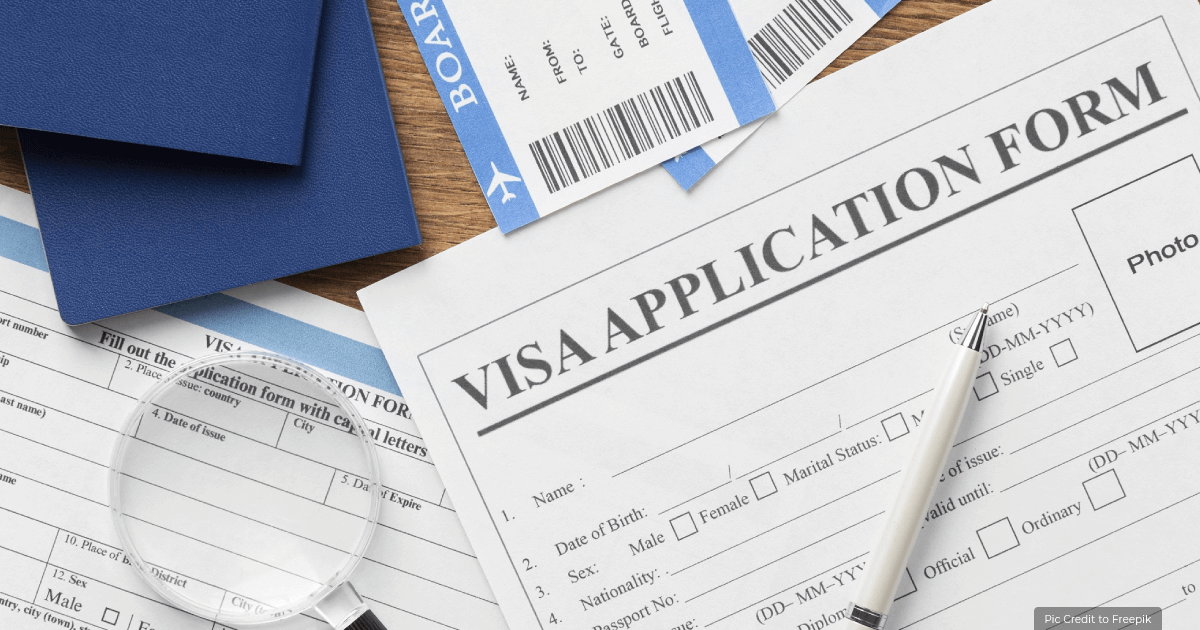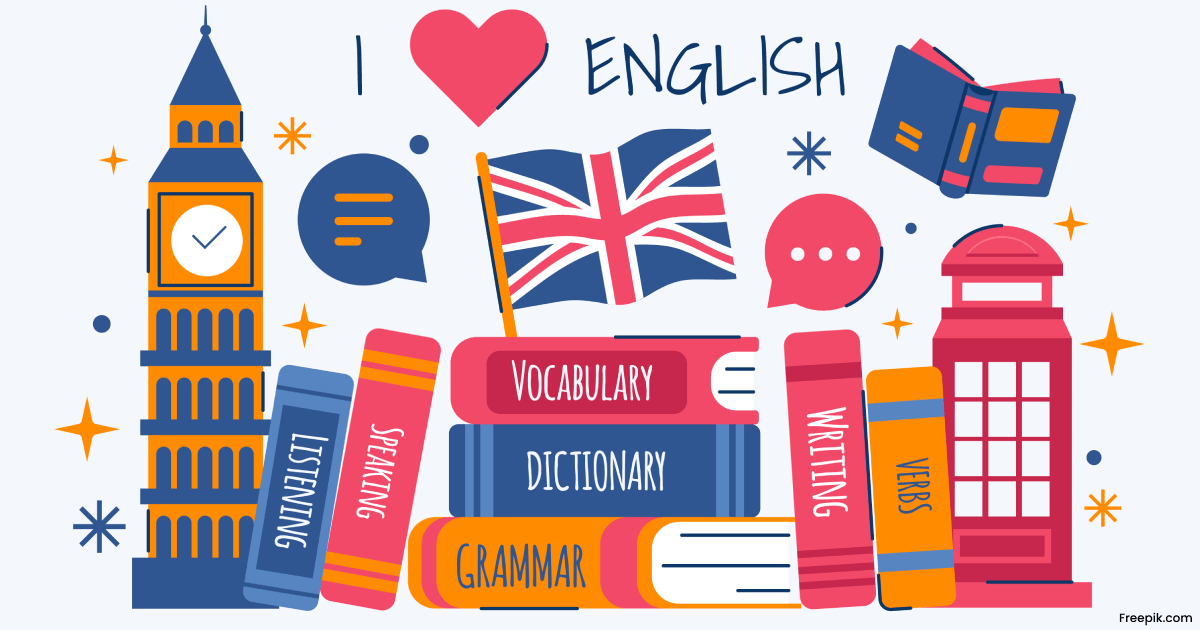
Save money, with a Scholarship today!
Save money, with a Scholarship today!
Save money, with a Scholarship today!







Save money, with a Scholarship today!

Our mission is to make education more accessible and affordable for all by helping students reduce their tuition burden.


let us help you find your ideal university in UAE, UK, and Ireland with a guaranteed scholarship
